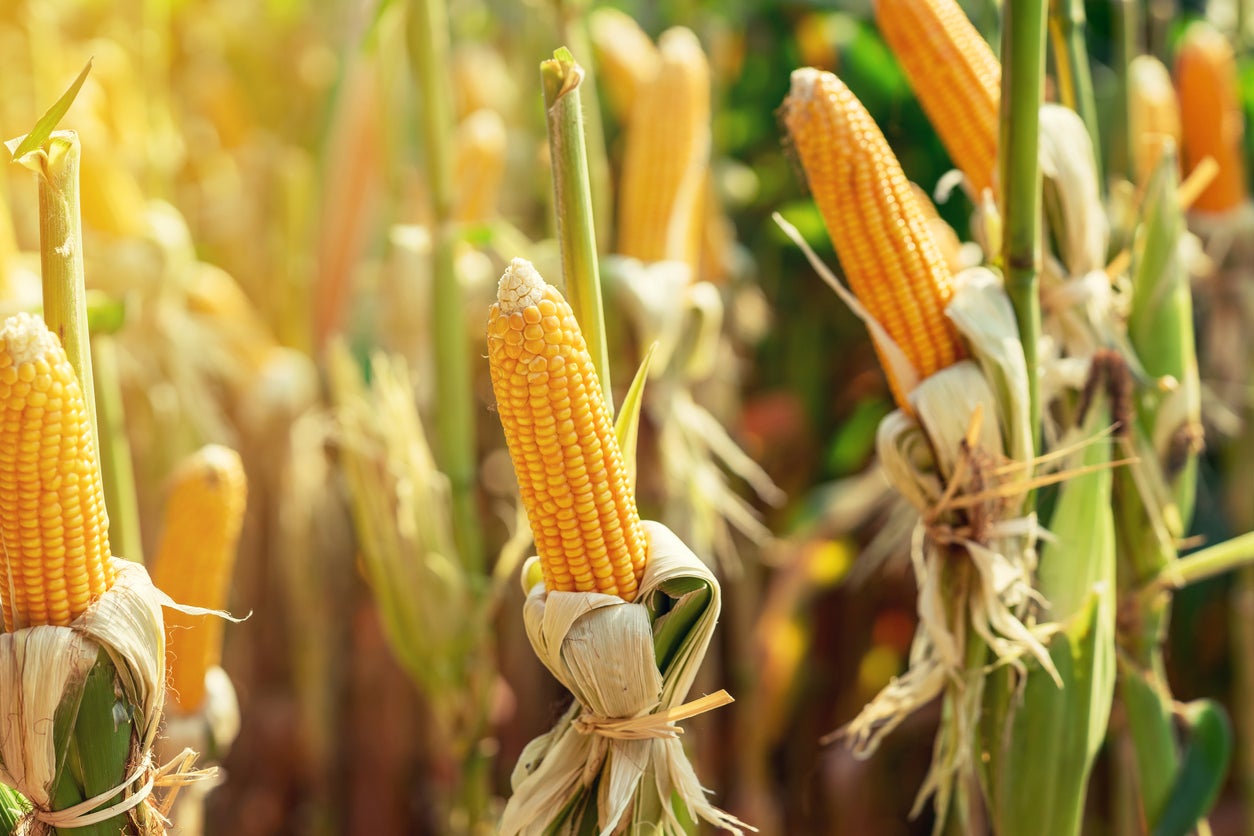What Is Corn Used For: Learn About Unusual Corn Uses


Sign up for the Gardening Know How newsletter today and receive a free copy of our e-book "How to Grow Delicious Tomatoes".
You are now subscribed
Your newsletter sign-up was successful
Corn on the cob is a popular choice for cookouts, and who goes to the movies without buying popcorn? That’s not all corn can be used for though. There are lots of alternative uses of corn.
What can you make with corn? The list is pretty long actually. Read on for information on unusual corn uses and tips on how to use corn in new ways in the kitchen.
What is Corn Used For?
Corn (also called maize) is one of the basic foods for much of the world. Combined with rice, it creates a complete protein relied on for sustenance in much of Africa and South America. In the United States, corn is considered more of a side vegetable dish, often eaten on the cob or else in kernels from a can. You don’t have to look very far though to find more alternative uses of corn.
How to Use Corn in Cooking
If you are wondering about alternative uses of corn, first consider different types of corn-based recipes. Corn tortillas and corn chips are familiar foods made from corn that you can prepare yourself at home. Other delicious recipes to try include corn bread, corn cob jelly, corn fritters, corn casserole, and corn salsa.
For more unusual corn uses in the kitchen, think about desserts. They don’t call it “sweet corn” for nothing! Corn works very well to add starch and creamy textures to desserts. You can make sweet corn ice cream, sweet corn crème brulee, or even chocolate hazelnut sweet corn cake.
What Can You Make with Corn?
It may surprise you that the majority of corn grown these days does not go to food production. It is used to make ethanol gas, batteries, plastics, crayons, whiskey, glue, and cough drops.
Cornstarch (a corn derivative) is a common ingredient in hygiene products, matchsticks, and many medications and vitamins. It is used as a thickening agent in liquids and substituted for talc in powders.
Sign up for the Gardening Know How newsletter today and receive a free copy of our e-book "How to Grow Delicious Tomatoes".
What is corn used for in medications? Often, the vegetable is used in the form of cornstarch to bind medication and helps pills hold their form. It also helps tablets disintegrate after they are ingested. Finally, corn is rich in vitamin C. Many vitamin C supplements are made from corn.

Teo Spengler is a master gardener and a docent at the San Francisco Botanical Garden, where she hosts public tours. She has studied horticulture and written about nature, trees, plants, and gardening for more than two decades, following a career as an attorney and legal writer. Her extended family includes some 30 houseplants and hundreds of outdoor plants, including 250 trees, which are her main passion. Spengler currently splits her life between San Francisco and the French Basque Country, though she was raised in Alaska, giving her experience of gardening in a range of climates.